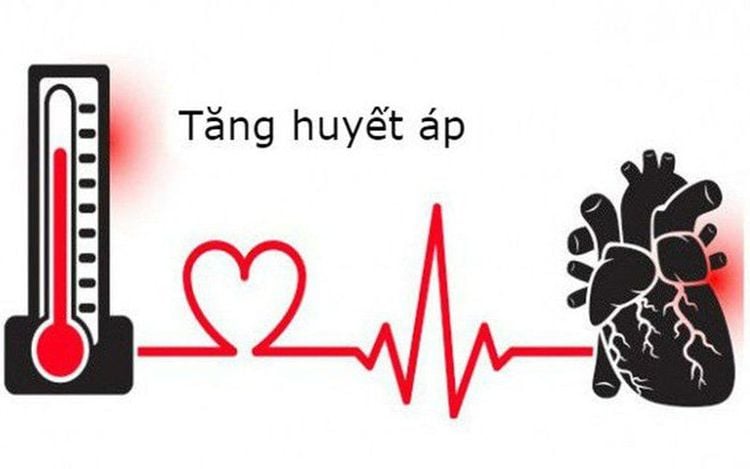This is an automatically translated article.
The article was professionally consulted by Specialist Doctor II Nguyen Quoc Viet - Department of Medical Examination & Internal Medicine - Vinmec Danang International General Hospital. The doctor has more than 20 years of experience in the examination and treatment of cardiovascular diseases and Interventional Cardiology.1. Causes of heart failure
Heart failure often develops after another medical condition damages or weakens the heart.In some cases of heart failure, your heart muscle can be damaged and weakened, the ventricles are dilated to the point where the heart cannot contract to effectively eject blood throughout the body. Over time, the heart is unable to meet the body's demands for daily activities.
Ejection fraction (EF) is an important indicator of how well the heart is pumping and is used to help classify heart failure and guide treatment. Normally, the ejection fraction is 55% or higher - meaning that more than half of the blood filling the ventricles is pumped out with each beat.
Heart failure can occur on the left side (left ventricle), right side (right ventricle), or both sides of the heart. Usually, heart failure usually starts in the left side, especially the left ventricle because this is the heart's main pumping chamber. Accordingly, the causes of heart failure can be listed as:
Coronary artery disease and heart attack: Coronary artery disease is very common and is the most common cause of heart failure. This disease is the result of fatty deposits that form plaques on the artery walls and decrease the lumen volume, reducing blood flow through the narrowing and possibly leading to a heart attack. High blood pressure: If blood pressure is high, the heart has to work harder than it should to circulate blood throughout the body. Over time, this extra exertion can cause the heart muscle to stiffen or become too weak to pump blood efficiently.

2. Risk factors for heart failure
A single risk factor can be enough to cause heart failure, but some people need a combination of risk factors to develop heart failure. Risk factors include:High blood pressure makes the heart work harder. Coronary artery disease. Narrowed arteries can restrict the heart's supply of oxygen-rich blood to the body, leading to weakened heart muscle. Heart attack. A heart attack is a disease of the coronary arteries that occurs suddenly. Diabetes. Having diabetes increases your risk of high blood pressure and coronary artery disease. Certain diabetes medications. Diabetes medications such as rosiglitazone (Avandia) and pioglitazone (Actos) have been found in studies to increase the risk of heart failure in some people with diabetes. Even so, patients should not stop taking these medications. If you are taking these medications, you should talk to your doctor about your own risk factors for cardiovascular disease and whether any changes need to be made.

To determine the status of heart failure, the degree of heart failure, the cause of heart failure and associated diseases, patients can choose to use the Heart Failure Checkup Package at Vinmec.
When choosing to use the Heart Failure examination package at Vinmec International General Hospital, customers will receive a specialist examination of Cardiology, complete blood and urine analysis, quantification and measurement of the activity of substances in the blood. , electrocardiogram, routine and stress echocardiography, straight chest x-ray, among other services.
Please dial HOTLINE for more information or register for an appointment HERE. Download MyVinmec app to make appointments faster and to manage your bookings easily.














